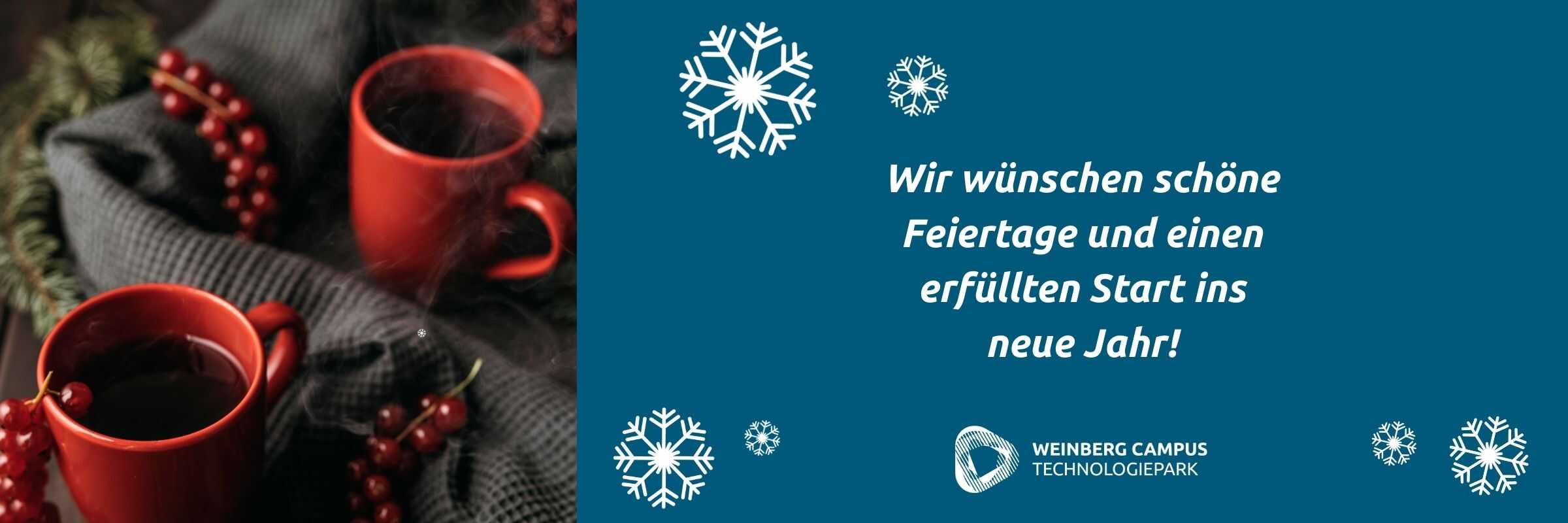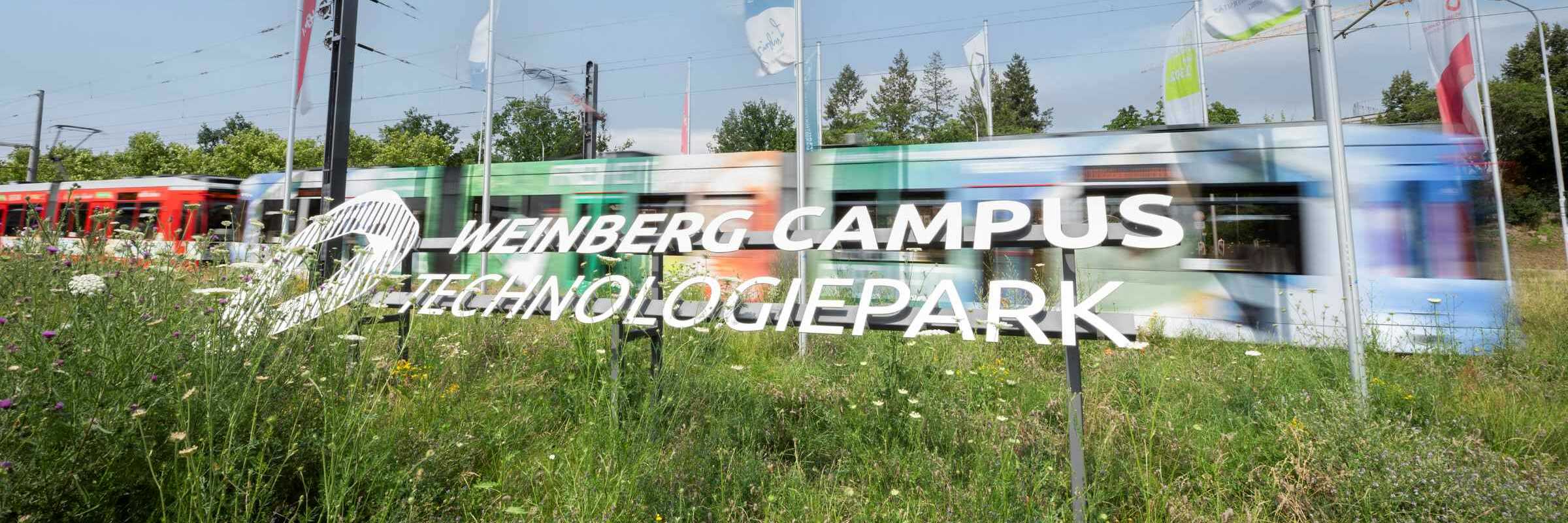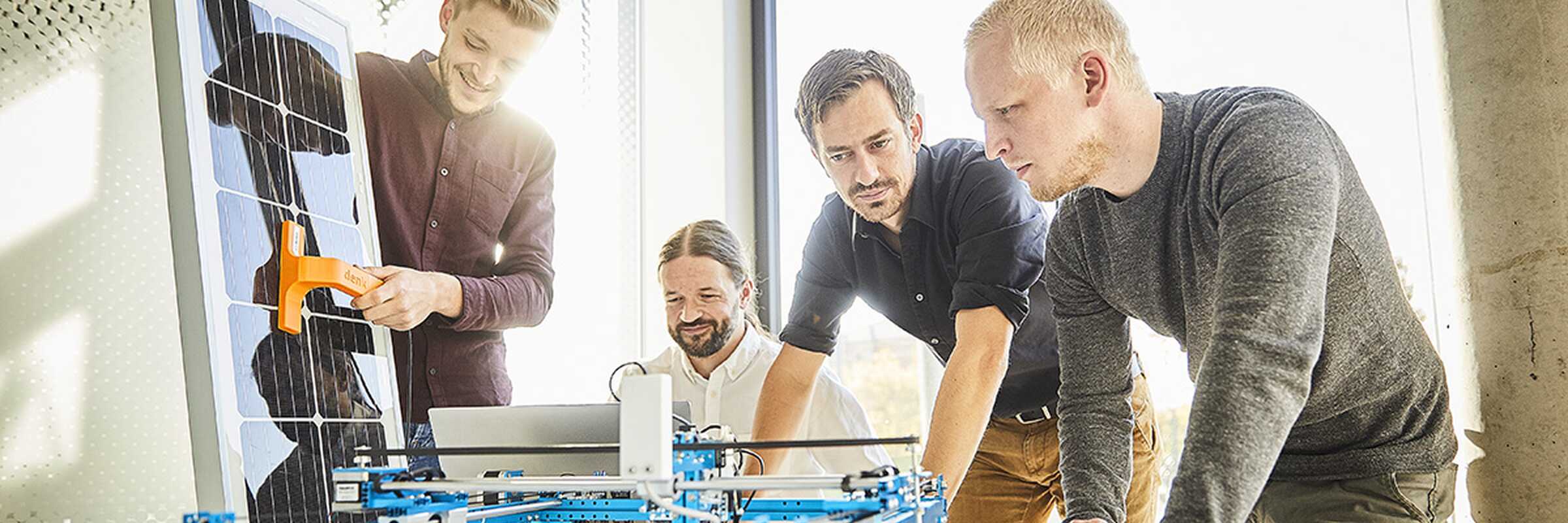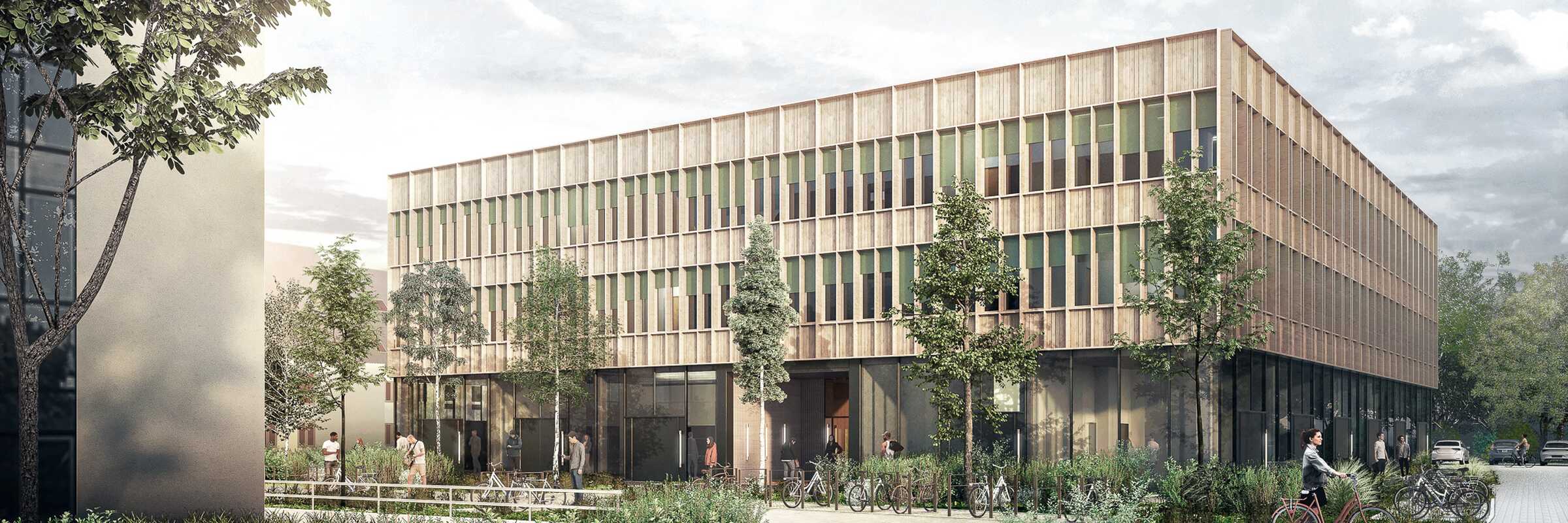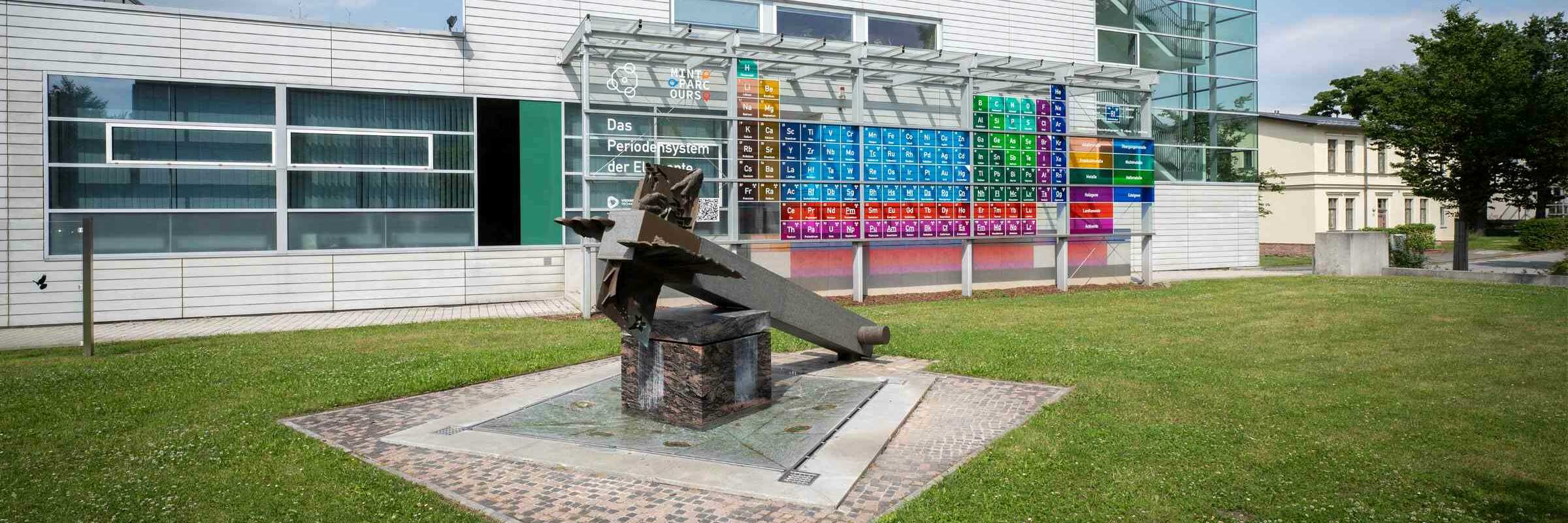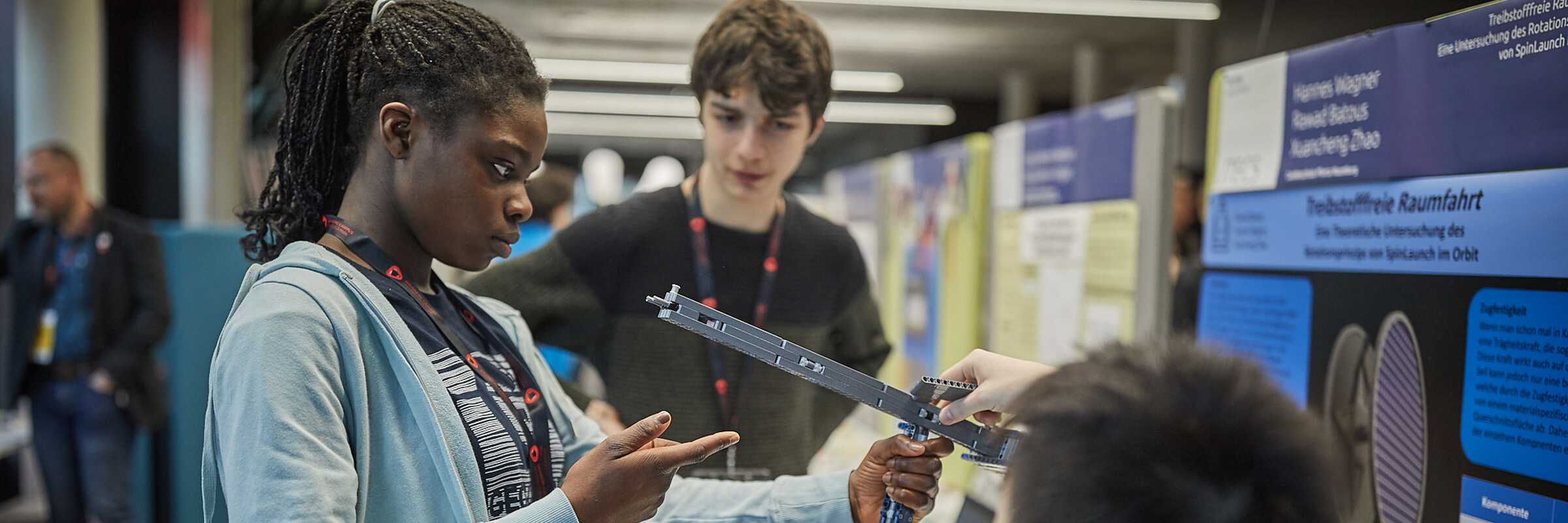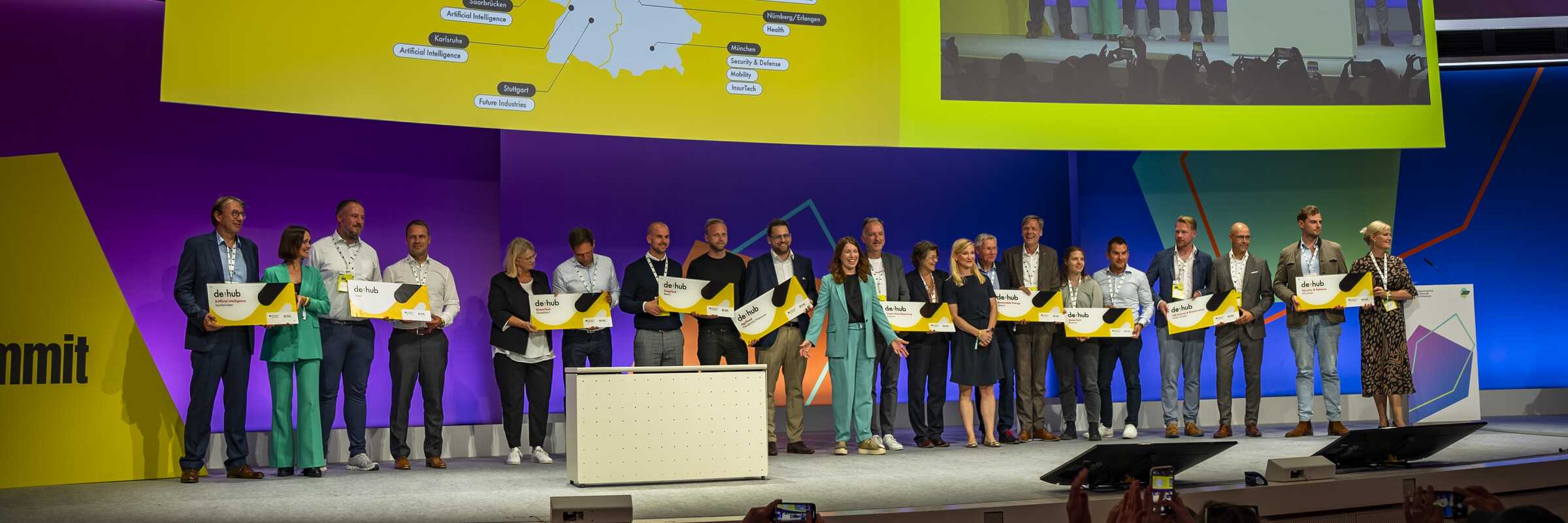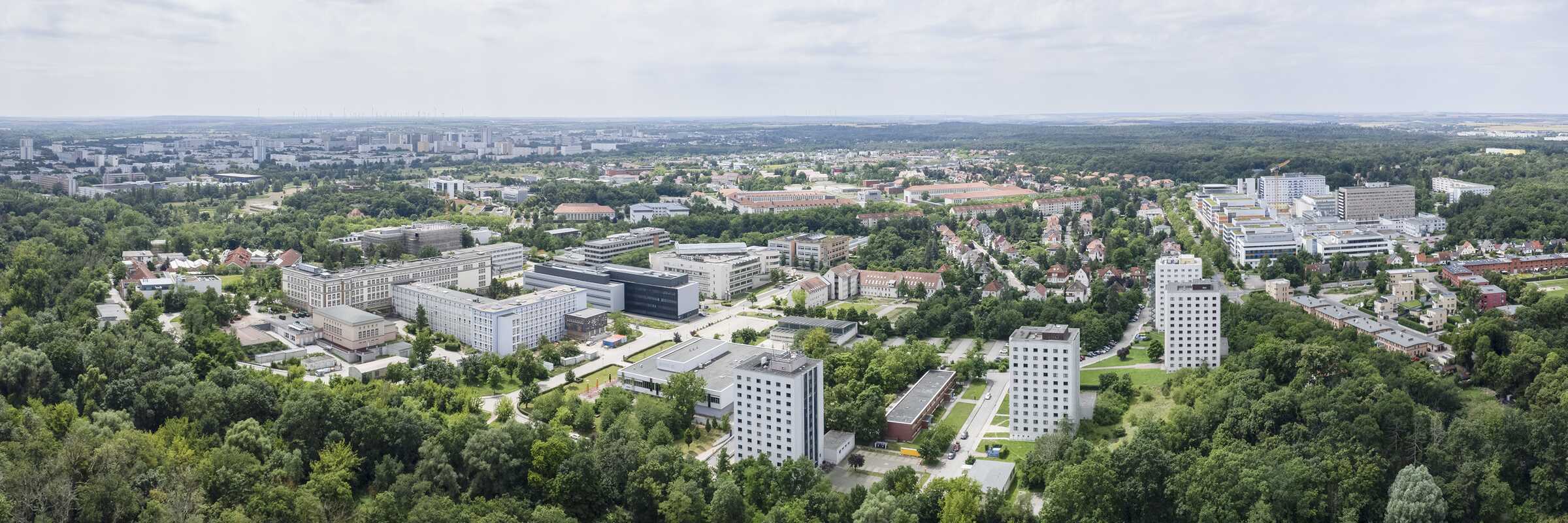Prof. Dr. Stephan Michael Feller
Medical Faculty of the Martin-Luther-University Halle-Wittenberg
Institute of Molecular Medicine
Head of the Tumor Biology Section
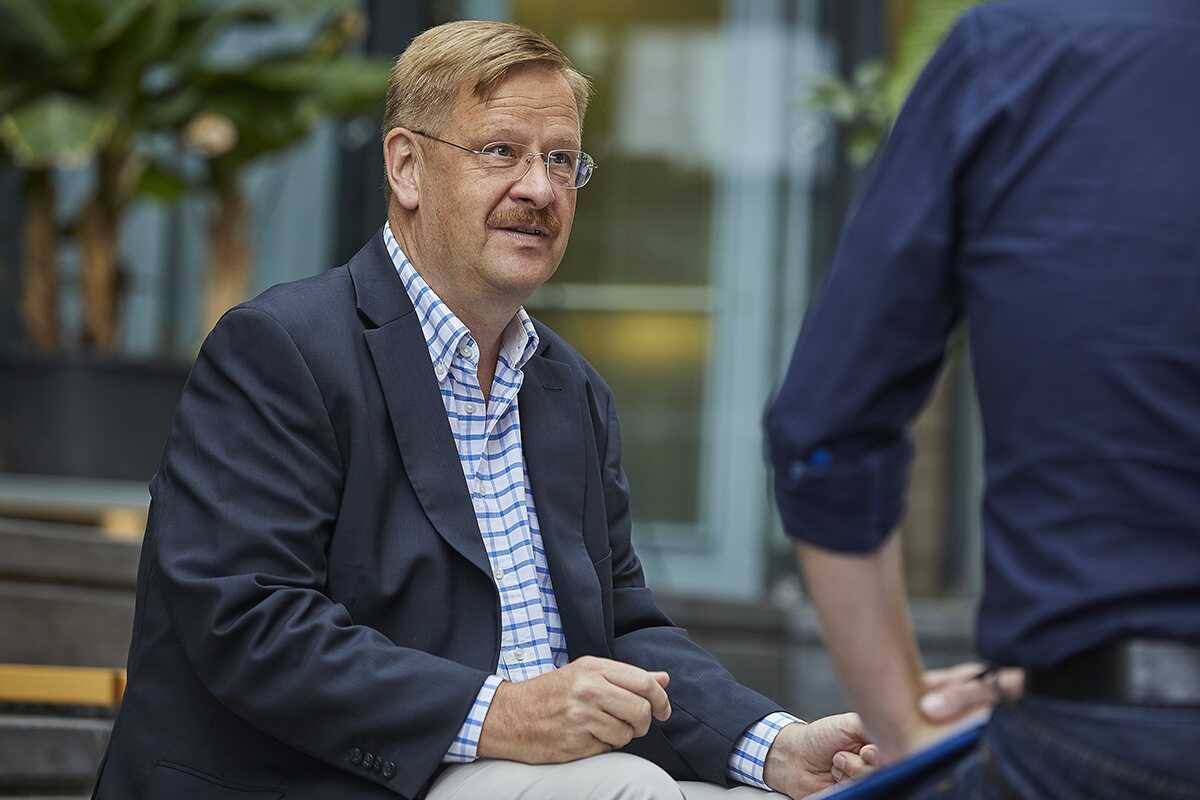
I am a tumor biologist at the Institute of Molecular Medicine at Martin Luther University and following a tenure of 13 years at Oxford University, I joined MLU in 2013. Since 2018 we are based in the newly build Charles Tanford Protein Research Center.
Our research work focuses on the transmission of signals within healthy cells and tumor cells. These control mechanisms are essential for a better understanding of diseases and the development of personalized medicine. We are currently particularly interested in the molecular architecture of signal processing in these cells. We know many of the protein building blocks, but there is still a lack of a deeper understanding of the dynamic ultrastructure of signaling networks that emerge from the individual building blocks.
What is the significance of your research work in a national and international context?
We have been involved in tumor research for about 20 years and since then have financed our research through competitive national and international third-party funds, also within the framework of international consortia.
Our concepts, for example in the area of the molecular basis of the 'cross-talk' of signaling pathways, have attracted international attention. Together with Prof. Andrea Sinz from the pharmaceutical industry, we are currently trying to establish a local research focus in the field of intrinsically unfolded proteins, a part of the human proteome with very important functions which can be underestimated.
The research institutes on the Weinberg Campus have long been known for their successes in the field of protein research. The new protein center offers a very good opportunity to further expand protein research, especially if it is possible to attract even more first-class young researchers from Germany and abroad. The research contacts to the east are already very good, historically speaking, but I still see potential in the interactions with leading research nations, e. g. Great Britain or the USA.
For example: The EU has just granted us over €2 million to further expand the HAL-OX research network with biomedical scientists in Oxford. In this area, the state of Saxony-Anhalt can certainly still develop ideas to use the federal government's billions of euros in funding available for young researchers.
What are the advantages of working at the Weinberg Campus today?
Firstly, I would like to elaborate a bit further. I think Halle is a great city, especially for young families. The rent is cheap, the distances are short and there is little rain, ideal for cyclists. Great architecture, a good cultural offering, the Leopoldina, the castle and of course the university all make living and working here exciting. In my opinion, the city still has a great deal of potential, especially as a science city, and the Weinberg Campus plays a central role in this.
Secondly, on campus, our research group finds very good opportunities for productive collaboration, in methods that we cannot provide ourselves, e. g. in the field of protein crystallography (Prof. Milton Stubbs), in the NMR (Prof. Jochen Balbach), in the field of mass spectrometry (Prof. Sinz) and in the development of inhibitor molecules (Dr. Mirko Buchholz, AG Wirkstoffdesign, Fraunhofer IZI). The cryoelectron microscope, which has just been put into operation, could also become important for our work.
What do you want from a research perspective and from a personal perspective for the Weinberg Campus?
I hope that we can attract many young talents from all over the world with good offerings, which will then bring new ideas to the campus, e.g. in the field of biomedical start-up companies. For my own research, I hope that at least some of our more ambitious concepts will prove to be true. The British author Thomas Henry Huxley (biologist and anatomist, 1825-1895) wrote the thought-provoking sentence "The great tragedy of Science — the slaying of a beautiful hypothesis by an ugly fact".
Can you think of a funny story that connects you to the Weinberg Campus?
When we came to Halle in 2013, the flooding was at its pinnacle. I first checked whether our new Charles Tanford Protein Research Center - and especially our rooms in it - would be safe to use. That way I wasn’t losing sleep. It is reassuring that the name of the Weinberg Campus lives up to its reputation. It is not a prominent mountain, but it is high enough to make you feel safe.
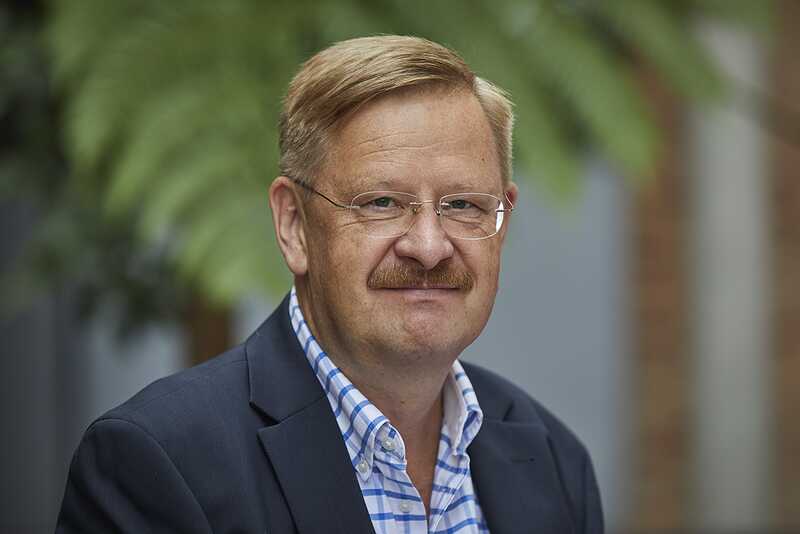
Prof. Dr. Stephan Michael Feller
Medizinische Fakultät der Martin-Luther-Universität Halle-Wittenberg
Institut für Molekulare Medizin/Arbeitsgruppe Tumorbiologie
Charles-Tanford-Proteinzentrum
Kurt-Mothes-Straße 3a
06120 Halle (Saale)
Telefon: +49 345 552-2915
E-Mail: stephan.feller@uk-halle.de

